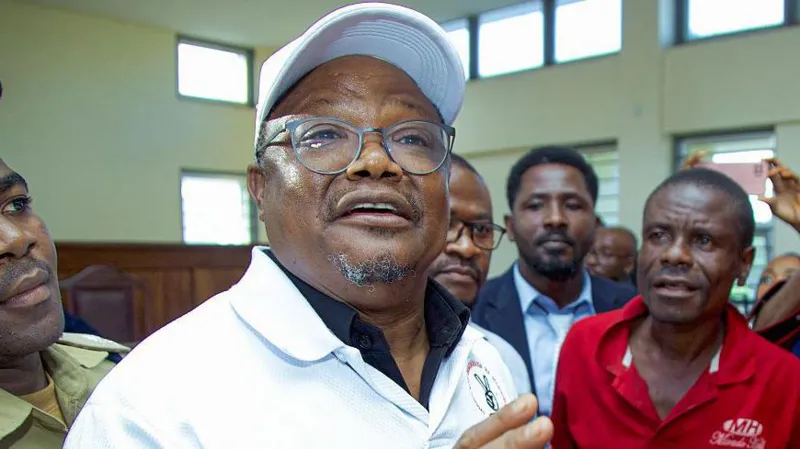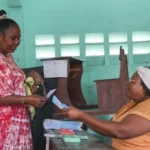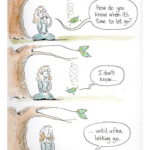In a dramatic turn of events, Tanzania’s political landscape has been shaken by the arrest and subsequent treason charges against the opposition leader, Tundu Lissu. This situation not only raises questions about the state of democracy in Tanzania but also highlights the ongoing struggle for political plurality and the protection of human rights within the East African nation.
Tundu Lissu, a prominent figure in Tanzania’s opposition party, CHADEMA (Party for Democracy and Progress), has a storied history of activism and dissent against the ruling party, CCM (Chama Cha Mapinduzi). His political career is marked by vocal criticism of government actions and policies, particularly in relation to human rights violations and freedom of expression. Lissu’s troubles with the government are not new; in fact, he survived a near-fatal shooting in 2017, an incident widely believed to be politically motivated.
Earlier this week, Lissu was arrested and charged with treason, a move that many analysts view as politically motivated. The charges stem from accusations that he incited violence and refused to comply with a government ban on public gatherings. Such charges in Tanzania can be severe, often carrying long prison sentences or even the death penalty. These events have sparked a wave of protests across the country, with supporters claiming that the charges are a direct attempt to silence dissent and prevent any challenge to the ruling government.
The political environment in Tanzania has increasingly become hostile towards opposition leaders. According to Human Rights Watch and Amnesty International, there has been a significant crackdown on free speech and political assembly, especially during election periods. The government of President Samia Suluhu Hassan, who succeeded the late John Magufuli, had previously promised reforms but has continued many of the oppressive tactics of her predecessor.
Critics argue that the timing of Lissu’s arrest appears calculated to undermine opposition just ahead of the 2024 elections. The ruling party has also been accused of using various tactics to sideline opposition candidates, limiting their ability to campaign freely. This has raised concerns both domestically and internationally over the legitimacy of upcoming electoral processes, as well as the overall health of democracy in Tanzania.
International response to Lissu’s arrest has been swift. Human rights organizations and foreign governments have expressed their concern regarding Tanzania’s trajectory towards authoritarian rule. The U.S. State Department has called for the immediate release of Lissu and other political prisoners, emphasizing the need for the Tanzanian government to respect human rights and fundamental freedoms.
Amidst these turbulent developments, Lissu remains defiant. In statements made during his arrest, he asserted that he would not back down in the face of oppression, indicating that his commitment to political reform in Tanzania remains unshaken. Supporters of Lissu have rallied around him, organizing demonstrations and calling for solidarity among civil society groups to oppose what they deem as an unconstitutional suppression of opposition.
As the situation evolves, it serves as a barometer for the future of democracy in Tanzania and the potential for change within the East African political landscape. Observers will be watching closely as the government’s actions will not only impact Lissu but also set the tone for political discourse and civil liberties in Tanzania as the nation heads towards crucial elections. The world awaits to see if Tanzania will embrace the principles of democracy or continue down a path of oppression and dissent.
Email Us on editorial@nnafrica.com













